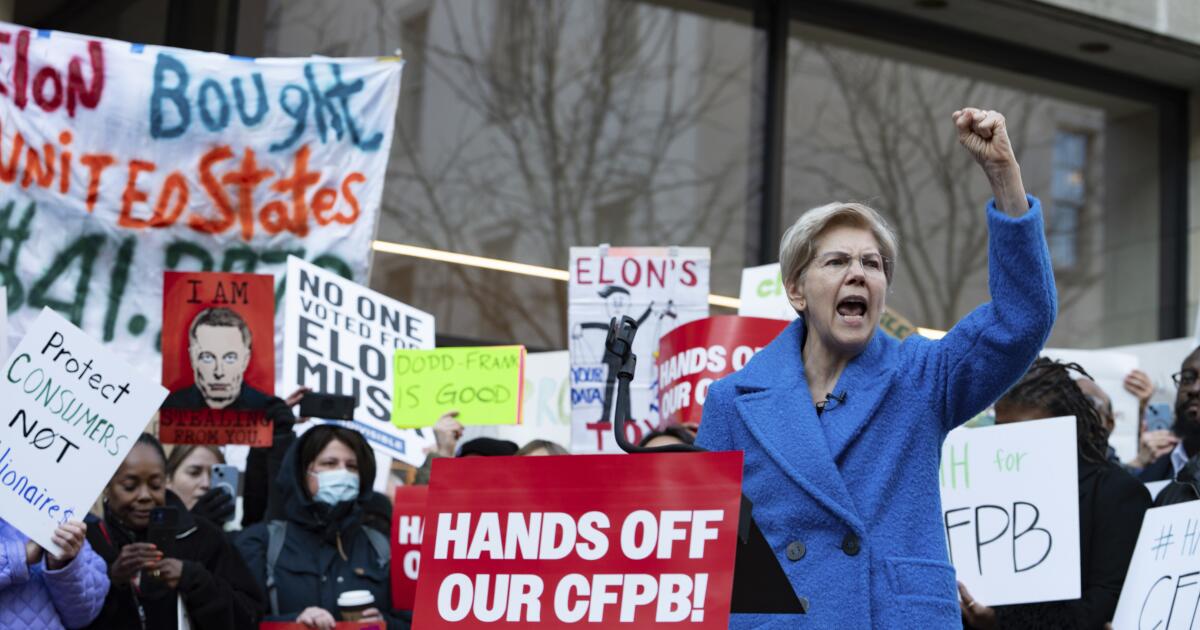CANNES (Reuters) – Greta Gerwig, director of the smash hit “Barbie” movie, told journalists at the Cannes Film Festival on Tuesday that the #MeToo movement has led to “substantive change” for the better in the film industry and the conversation should continue to expand.
The global #MeToo movement, which has exposed men accused of sexual harassment in fields including entertainment, politics and business, has been in focus as the festival kicks off on Tuesday amid speculation about potentially explosive #MeToo allegations against a string of actors and directors.
“People in the community of movies telling their stories and trying to change things for the better is only good,” said Gerwig, who is the president of this year’s nine-strong jury.
French actor and fellow jury member Omar Sy also called it a good sign that women increasingly had the courage to speak out and that the movement was growing in strength.
“I have seen substantive change in the American film community, and I think it’s important that we continue to expand that conversation,” said Gerwig, naming the increased use of intimacy coordinators as one example of concrete change.
“It’s part of building a safe environment, just as you would if you were going to have two people, you know, fight with swords,” said Gerwig of intimacy directors or coordinators, who help choreograph TV and movie scenes involving sex or nudity and ensure actors are not exploited or made to feel uncomfortable.
Also weighing on the minds of the jury was the make-or-break nature of deciding who wins the festival’s top prize, and the sense of responsibility to their peers that comes with it.
“It’s a tough exercise that must be taken seriously because your decision can change a filmmaker’s life,” said French actor and jury member Eva Green, known for “Casino Royale” and “Penny Dreadful.”
“This is the film festival that has really helped me to grow as a director and (festival director Thierry Fremaux) said, ‘Time for you now to give back, to contribute’ and I did feel that, yes, it is my responsibility now,” said Japanese director Hirokazu Kore-Eda, a jury member who won the Palme d’Or in 2018.
(Reporting by Alicia Powell and Miranda Murray, Editing by Rosalba O’Brien)

